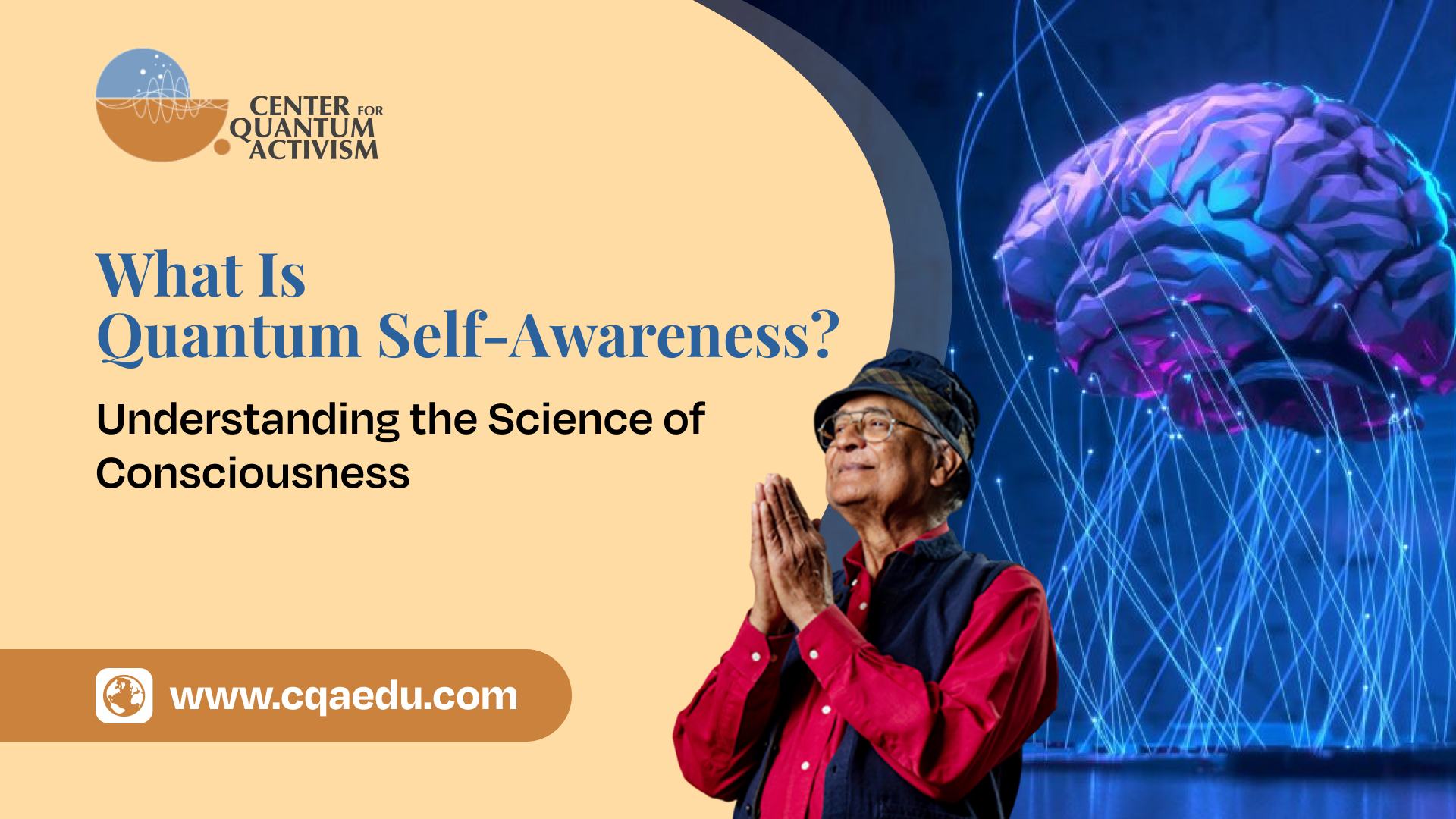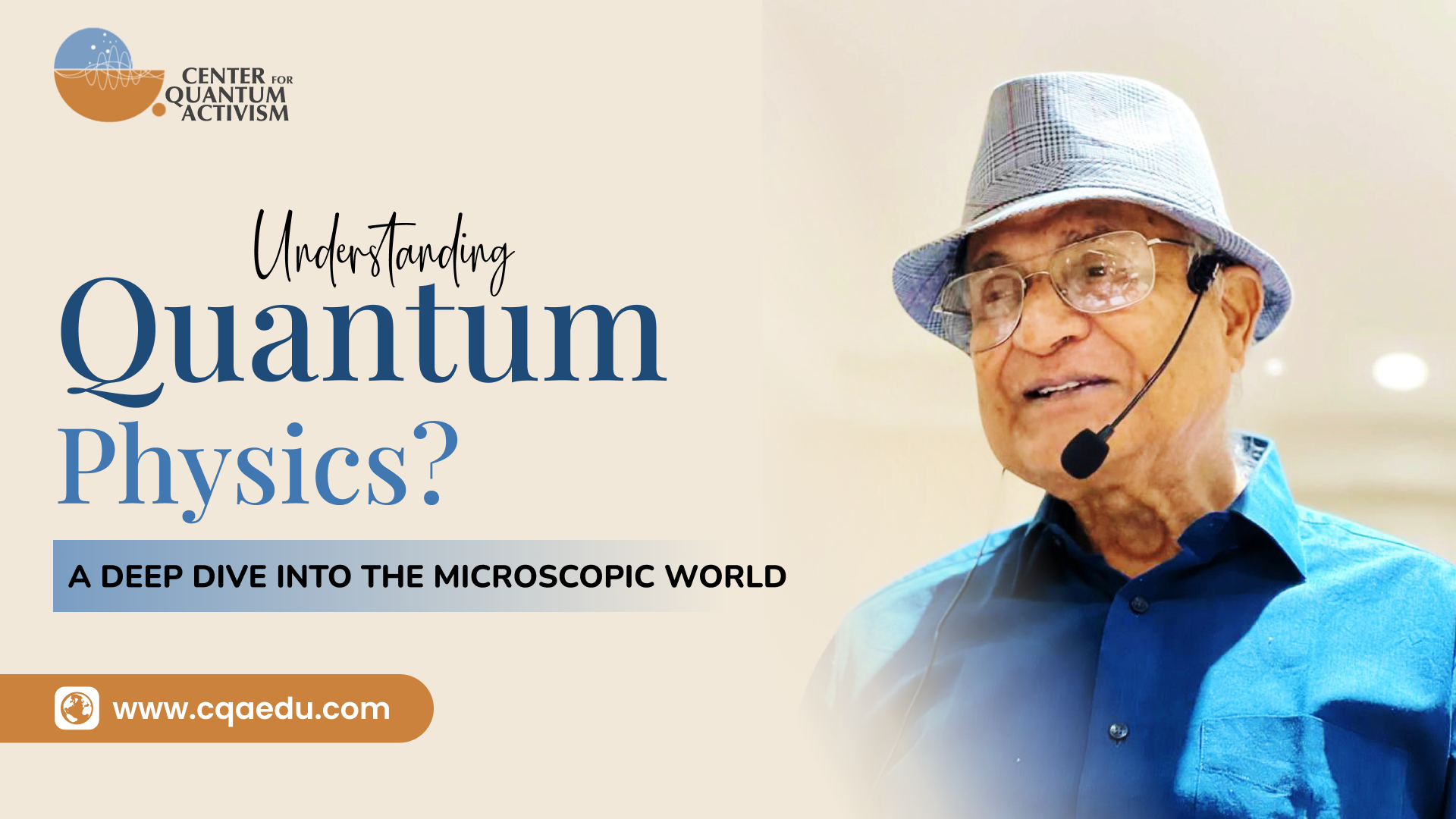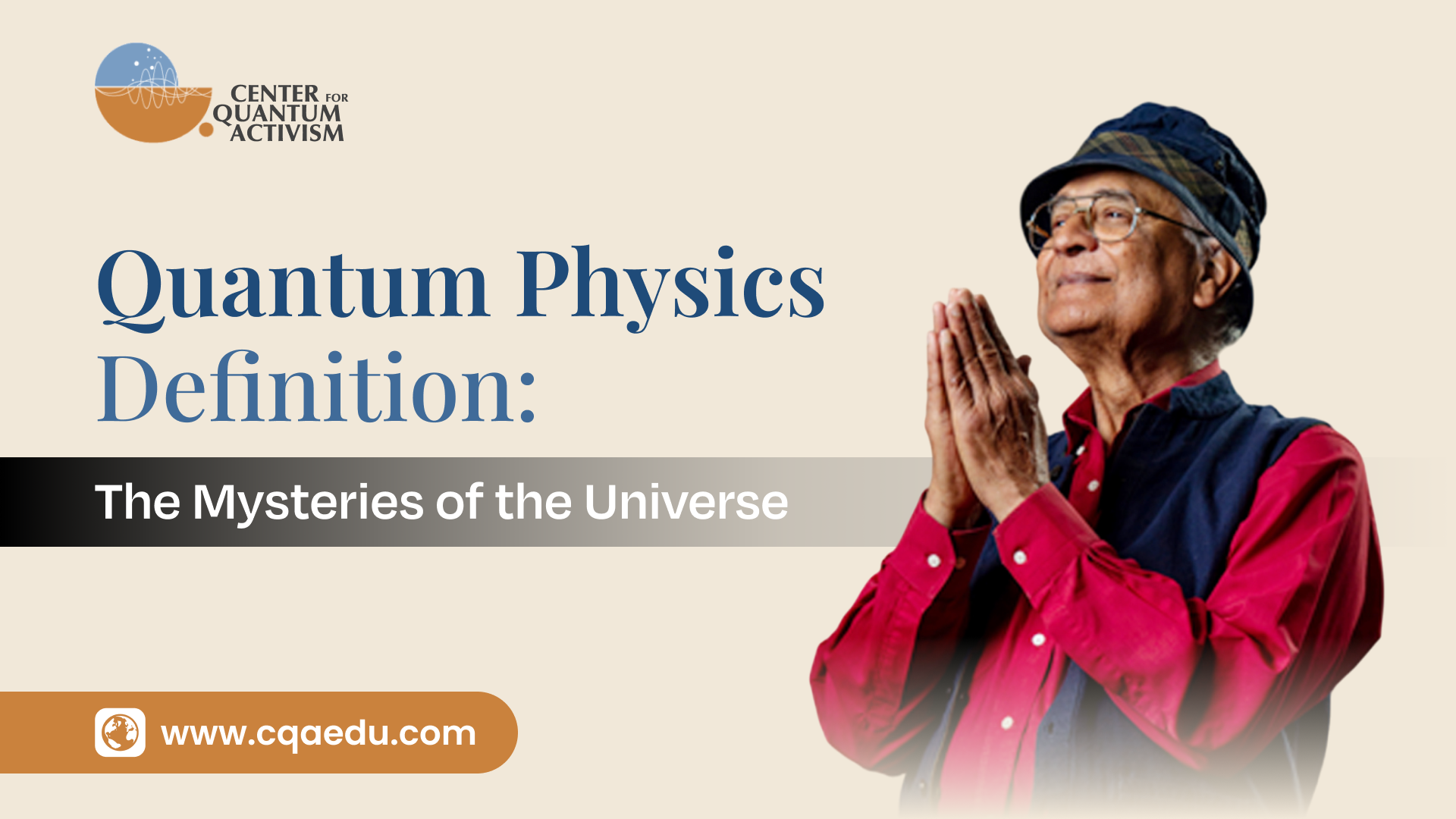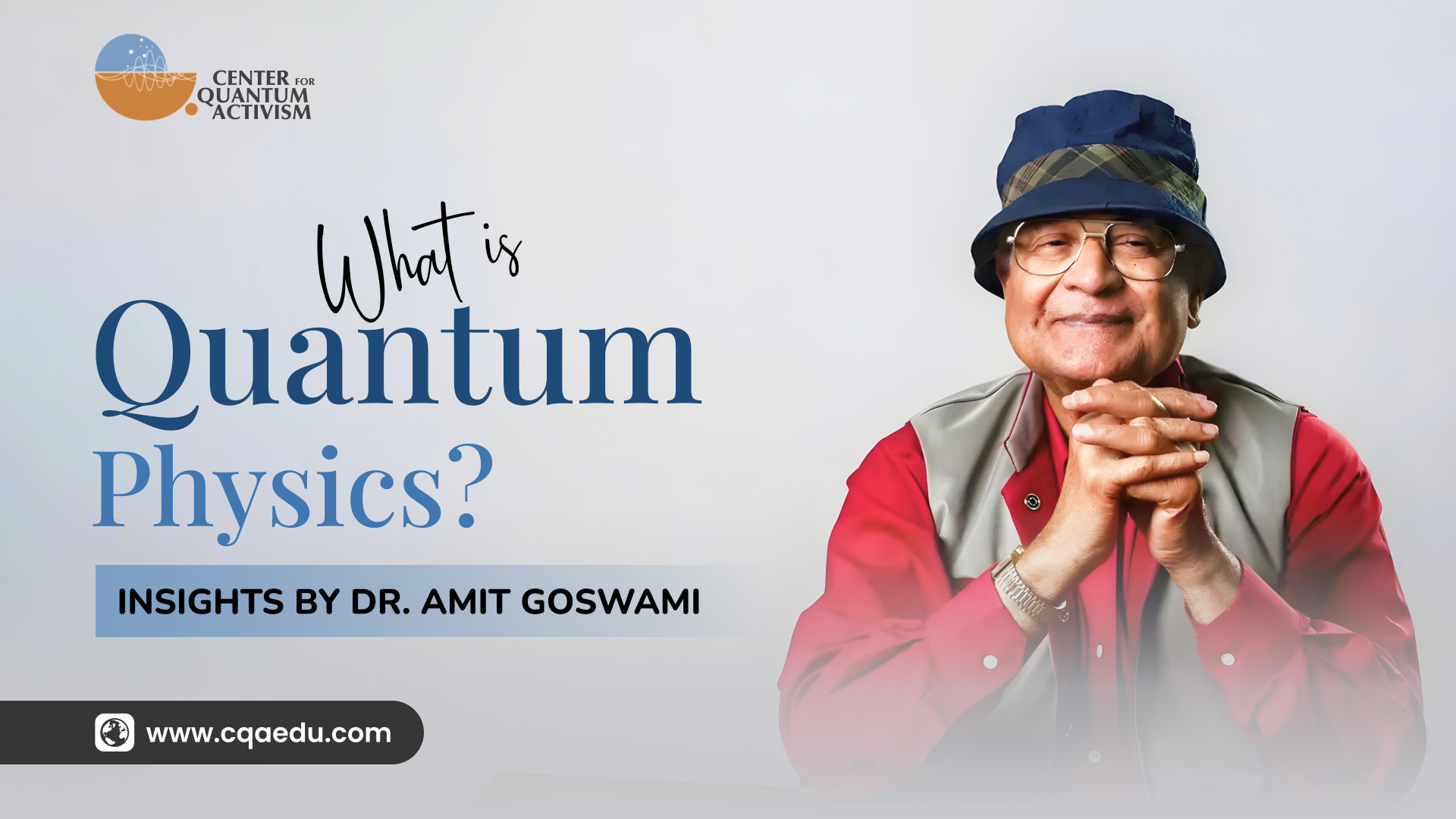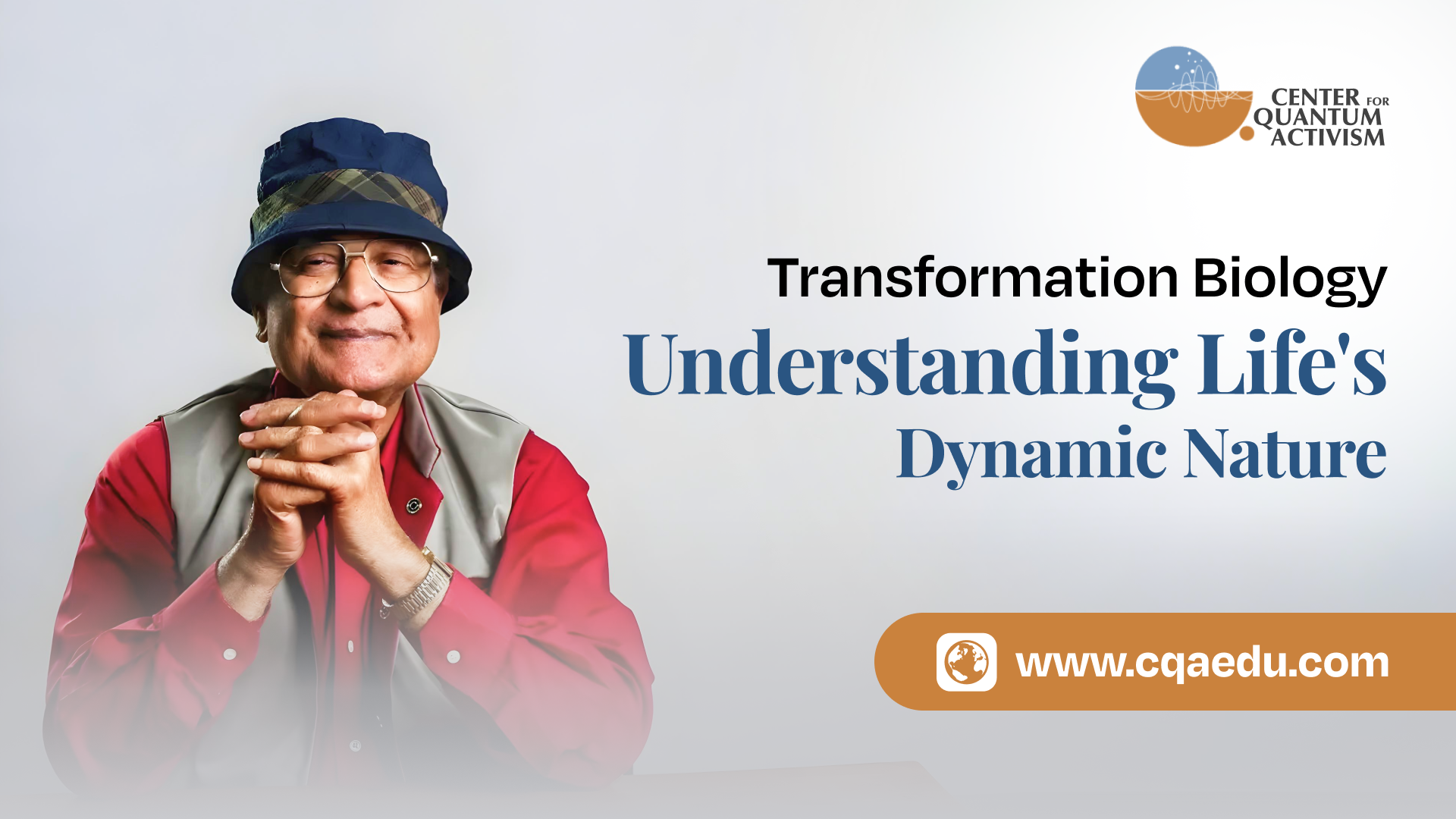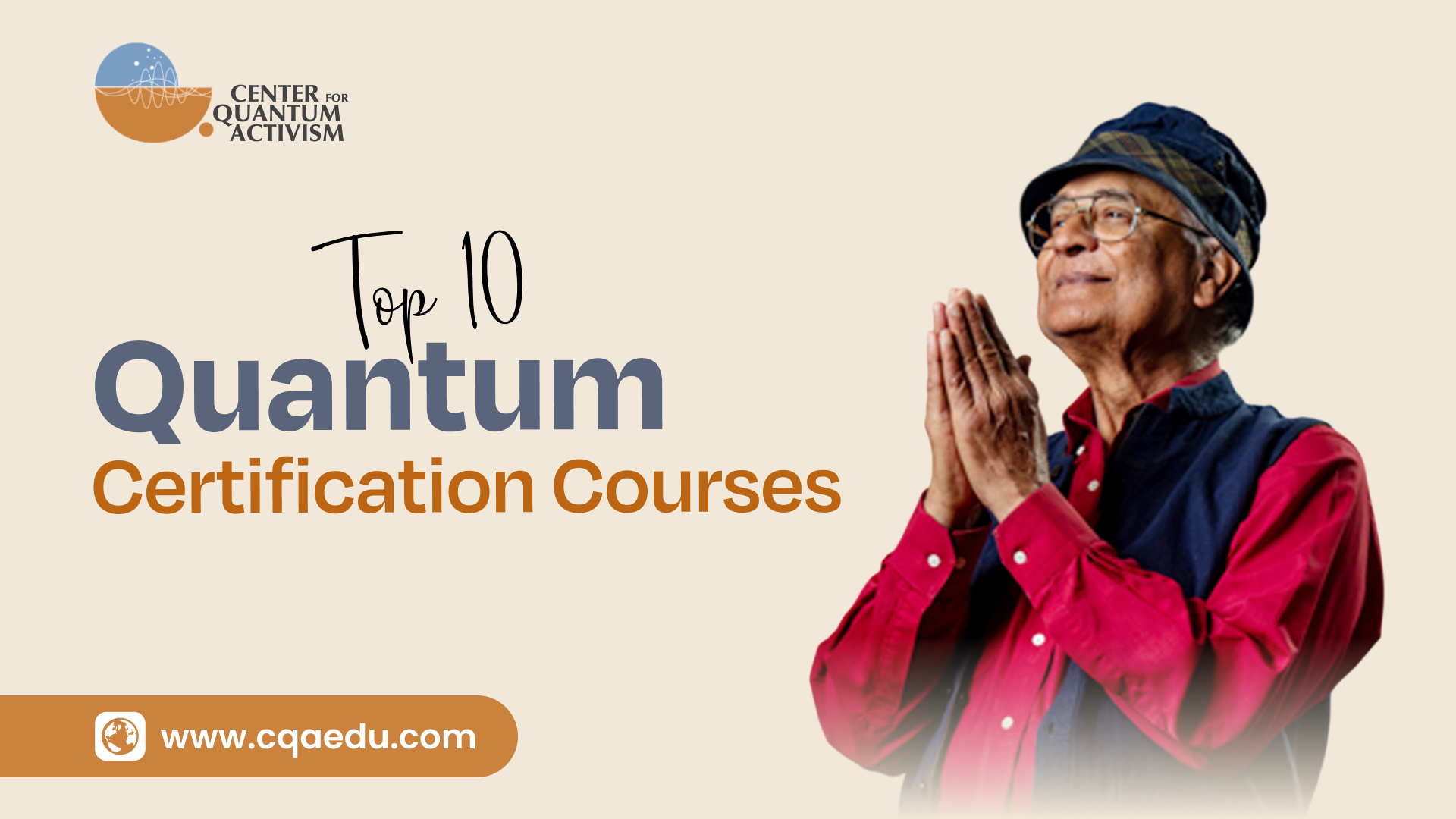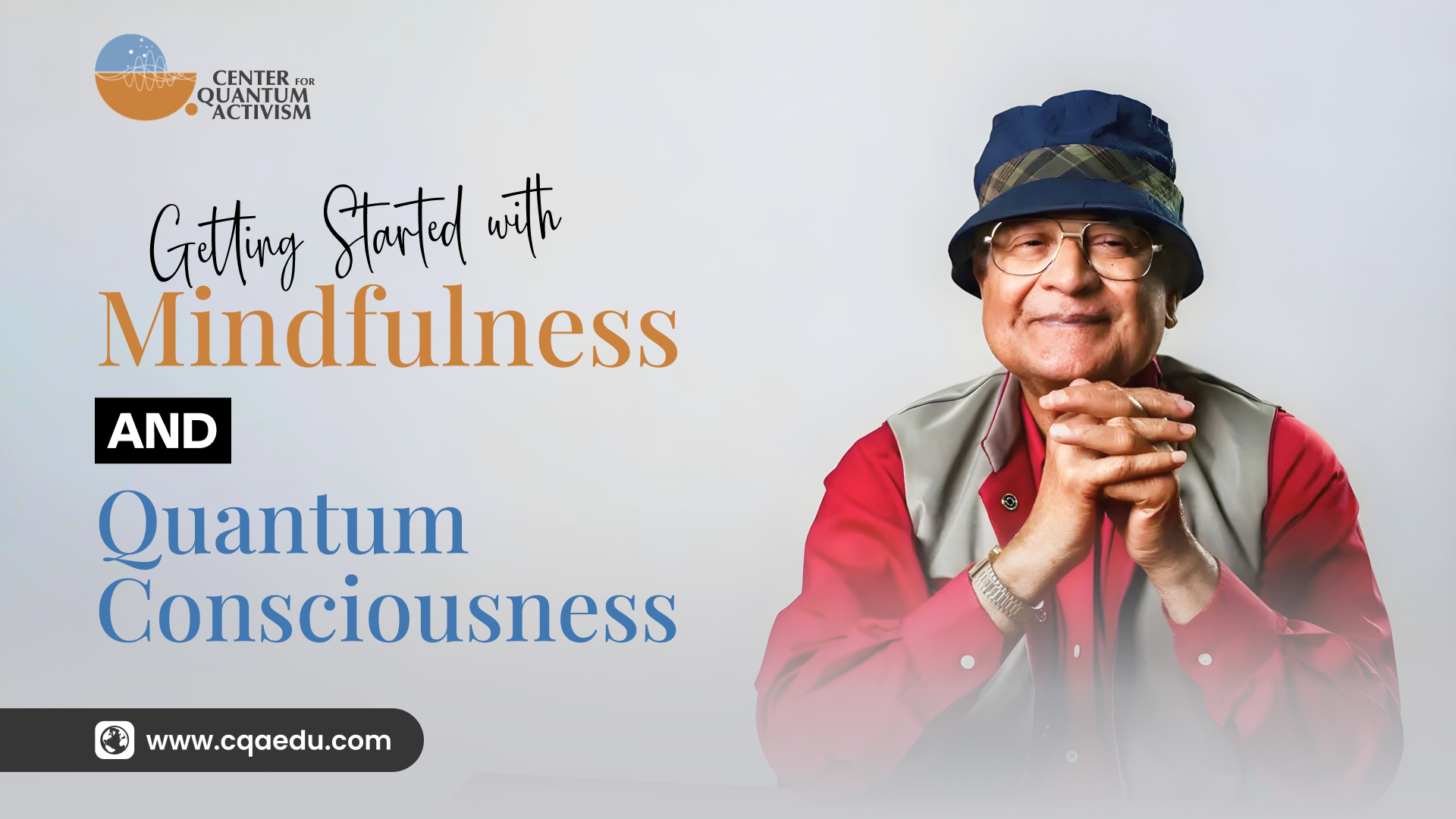-awareness individual engages in reflective introspection, gaining an understanding of their internal landscape. It’s a journey toward self-understanding and personal awareness, often helping one discern their core beliefs, values, strengths, and limitations. Leaders who foster self-awareness in leadership can navigate complex situations with authenticity, humility, and integrity.
In practical terms, self-awareness examples may include moments when we pause to question why we reacted emotionally in a certain situation or to recognize when we’re projecting our insecurities onto others. Through such insights, self-awareness skills like empathy, emotional regulation, and self-regulation emerge, benefiting not just personal growth but interpersonal relationships as well. Whether in leadership, relationships, or everyday decisions, self-awareness enables us to act more thoughtfully and purposefully.
But self-awareness doesn’t arise naturally for everyone. It’s often cultivated through practices like meditation, therapy, and reflection, guided by mentors or a self-care coach. These practices help us observe our awareness of emotions and explore our motivations, enhancing our self-consciousness and aligning us with our authentic selves.
Quantum Theory Meets Self-Awareness: A New Paradigm
The scientific conversation of consciousness is somewhat narrow in the sense that the emphasis has been previously placed primarily on the neurobiology of the human brain. However, recent insights from quantum mechanics have stirred a revolutionary hypothesis: consciousness could very well be an emergent property of matter and energy in the brain but a function of quantum mechanics. This audacious claim that quantum physicists including Amit Goswami made undermines other people’s perception of consciousness and self-awareness.
In quantum physics, there is the uncertainty principle, probability, and entanglement as laws that control the phenomena. These principles while intricate, bear early and vivid resemblance to concepts of self/selves and self-consciousness. According to quantum theory, there’s an argument that similar to particles which appear to be in a state of becoming things only when observed or measured human consciousness also has more layers of something that lies dormant and obscure until it is invoked. It suggests that self-knowledge and self-awareness may operate in manners that are not available until one pays attention to them or focuses on them in the manner that is used to describe attitudes into objects.
The Mechanics of Quantum Self-Awareness
To understand quantum self-awareness, we must consider how quantum properties such as superposition and entanglement might apply to our consciousness. Just as particles in superposition exist in all possible states until observed, one might argue that our potential personalities, emotions, and reactions exist in various “states” of potential until brought to conscious awareness. This could mean that self-awareness definitions are not static but rather fluid, encompassing a field of possibilities.
1. Superposition of Self:
In the quantum world, superposition refers to particles existing in multiple states at once. Applied to self-awareness, this can signify the simultaneous existence of various aspects of our personality—our shadow selves, aspirations, fears, and desires—all held within us until we focus our awareness on one aspect, bringing it to the forefront.
2. Entanglement and Interconnectedness:
Quantum entanglement occurs when particles become so intricately linked that changes in one affect the other, regardless of distance. Similarly, aspects of our self-awareness are interconnected with the people, environments, and events around us. When we become self-conscious, it’s not in isolation; it’s influenced by external factors, like societal expectations and personal relationships.
3. Observation and Reality:
Quantum physics posits that particles behave differently under observation—a principle that translates intriguingly to human self-awareness. Through intentional observation of our thoughts and emotions, we can alter how we perceive ourselves, reshaping our narrative, self-worth, and even our life direction. Observing ourselves with curiosity rather than judgment is a key practice in developing deeper self-awareness.
The Role of Self-Awareness in Consciousness
The link between self-awareness and consciousness is intricate. While self-awareness can be seen as the ability to reflect on oneself, consciousness encompasses a broader spectrum, including perception, cognition, and sensation. Consciousness provides the stage, and self-awareness is the spotlight that focuses on various facets of the self. By heightening our awareness of emotions, we refine our ability to engage with reality in a mindful and empowered way, a concept central to self-empowerment.
Consider self-awareness in leadership. Leaders who understand and regulate their emotions and reactions demonstrate better decision-making skills, inspiring loyalty and trust in their teams. Self-awareness skills allow leaders to cultivate empathy, recognize team members’ needs, and foster a positive organizational culture. This type of leadership, grounded in self-understanding, is transformative and empowering.
Quantum Self-Awareness: Practical Implications
If quantum principles are indeed applicable to self-awareness, then exploring quantum self-awareness could revolutionize our approach to personal development. This model encourages viewing the self as a multidimensional entity with latent potentials, an outlook that invites curiosity, exploration, and compassion toward oneself.
- Enhanced Personal Growth: By understanding self-awareness through a quantum lens, individuals might feel more liberated from rigid self-definition. Rather than viewing oneself in binary terms (e.g., “successful” or “unsuccessful”), one can see each experience as part of a broader, evolving quantum field of self-potential.
- Emotional Resilience: The quantum approach encourages us to perceive emotions as dynamic states that can shift based on our focus. Developing a nuanced awareness of emotions allows for greater emotional resilience, as one learns to navigate through emotional states without being dominated by them.
- Mindful Decision-Making: Quantum self-awareness fosters self-knowledge and clarity, which are crucial for intentional decision-making. In leadership, this translates to informed choices that consider the collective, long-term impact rather than immediate outcomes, aligning with the quantum principle of interconnectedness.
Quantum Self-Awareness Techniques
Integrating quantum principles into self-awareness practices can amplify personal growth. Here are some methods to explore:
- Quantum Meditation: This technique involves meditative practices that focus on visualizing the self as an interconnected field of potentials. By sitting with one’s consciousness and observing it without attachment, individuals may experience a deeper awareness of their emotional and psychological patterns.
- Observation Exercises: Practicing non-judgmental observation helps in cultivating self-consciousness. In quantum terms, by observing a particular “state” of self without judgment, we bring it into focus, allowing us to work through it rather than being subconsciously directed by it.
- Entangled Empathy: By recognizing our interconnectedness with others, we practice a form of “quantum empathy.” This involves understanding how our self and self-awareness are intertwined with others’ emotions and actions, fostering a more compassionate and interconnected worldview.
Self-Empowerment Through Quantum Self-Awareness
One of the most profound outcomes of quantum self-awareness is self-empowerment. When we acknowledge our consciousness as a field of potential, the boundaries of self-doubt and limitation dissolve. This mindset reinforces that each moment offers the possibility of transformation and growth. Such an approach enables individuals to see their life’s path not as a rigid script but as an open field of choices, each influencing their future.
Incorporating these principles doesn’t just benefit individuals; it creates ripple effects. Leaders with self-awareness in leadership can inspire and empower others, creating environments of trust and innovation. Similarly, a self-care coach equipped with quantum self-awareness principles could guide clients in navigating emotions and achieving transformative breakthroughs in personal growth.
Amit Goswami and Quantum Self-Awareness
Physicist and consciousness researcher Amit Goswami has been a pioneer in integrating quantum theory with consciousness studies. According to Goswami, the “observer effect” in quantum mechanics—a concept stating that the mere observation of a phenomenon can alter its outcome—extends to human consciousness. He suggests that consciousness creates the material world rather than the other way around, implying that self-awareness has the power to shape reality itself.
Goswami’s perspective aligns with ancient spiritual traditions, which often teach that consciousness underpins existence. By integrating these insights with quantum physics, Goswami’s work encourages a holistic approach to self-awareness that transcends traditional scientific boundaries. His work underscores the transformative power of conscious observation and the untapped potential within each individual.
Unlocking Quantum Self-Awareness: A Path to Mental Wellbeing
As we navigate the complexities of modern life, it becomes crucial to explore avenues that can lead us toward a deeper understanding of ourselves and the world around us. This journey often begins with the cultivation of self-awareness, a heightened state of consciousness that allows us to perceive our thoughts, emotions, and actions with clarity and objectivity.
1. Embracing Quantum Yoga:
One powerful tool in this quest for self-discovery is Quantum Yoga, a dynamic practice that blends traditional yoga postures with principles from quantum physics. By engaging in Quantum Yoga sessions, individuals can tap into the interconnectedness of mind, body, and spirit, fostering a sense of unity and balance. This holistic approach to wellness not only enhances physical strength and flexibility but also nurtures mental clarity and emotional resilience.
2. Empowering Through Quantum Certification Courses:
For those seeking a more structured path toward self-awareness, enrolling in Quantum Certification Courses can be transformative. These courses provide a comprehensive understanding of quantum principles and their application in daily life. Through interactive sessions and practical exercises, participants learn to harness the power of intention, focus, and visualization to manifest positive outcomes and create meaningful change.
3. Cultivating Mindfulness for Mental Wellbeing:
Mindfulness, the practice of being fully present in the moment without judgment, is another cornerstone of quantum self-awareness. By incorporating mindfulness techniques into daily routines, individuals can cultivate a deep sense of inner peace and emotional equilibrium. This heightened state of awareness allows for greater introspection, leading to profound insights and opportunities for personal growth.
4. The Intersection of Consciousness and Transformation:
At the core of quantum self-awareness lies the recognition of the intricate connection between consciousness and transformation. By expanding our conscious awareness and embracing transformative experiences, we open ourselves up to new possibilities and potentials. This process of self-discovery and evolution is essential for personal development and the realization of our truest selves.
Conclusion: Quantum Self-Awareness as a Path to Inner Transformation
Quantum self-awareness is more than a fascinating concept—it’s a powerful tool for introspection, self-understanding, and personal evolution. By embracing our consciousness as a fluid, multidimensional field, we unlock pathways to profound growth and resilience. The journey toward self-empowerment becomes less about conforming to societal expectations and more about realizing one’s innate potential, free from limiting self-definitions.
Through this quantum lens, self-awareness is no longer simply about knowing oneself but involves embracing the vast possibilities within. As we continue to explore the depths of self-awareness and consciousness, the insights from quantum physics may just pave the way for a new era of human understanding—one that invites us all to tap into our inner quantum landscape and explore the boundless terrain of who we are.
By Amit Goswami, PhD, a retired physicist from the University of Oregon, USA. For more insights and educational resources, visit Facebook, Cqaedu.

